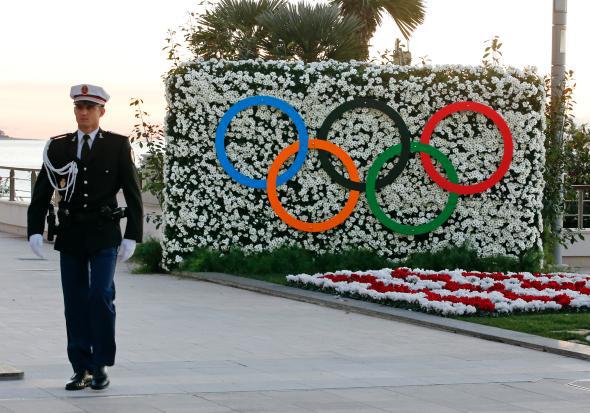Embarrassed by the difficulty of finding a city to host the 2022 Winter Olympics amid increasing evidence that building expensive new venues for one-off sports mega-events is a waste of resources, the International Olympic Committee has passed “sustainability” reforms which will allow multiple cities or even multiple countries to co-host the Olympic Games. Instead of building all the necessary facilities for each of the many Olympic sports from scratch, prospective hosts would be allowed to propose holding some events in locations where acceptable venues are already available. From Reuters:
IOC vice-president John Coates, presenting the recommendation to IOC members, said it was driven by the need for sustainability as the Olympic Games costs need to be contained.
“The compactness of the Games has to be weighed up against the benefit of using existing venues,” the Australian said.
Another change enacted at the IOC’s ongoing “session” has added language to the organization’s charter forbidding discrimination on the basis of sexual orientation; host cities will be required to agree to that principle as well.* Other reforms will make contracts with host cities public and add language to those contracts regarding “labor and environmental protection,” Bloomberg writes. The treatment of LGBT individuals in Russia was a major issue ahead of and during this year’s Sochi Winter Olympics, while the treatment of workers preparing for the 2008 Olympics in Beijing was also criticized. (The deaths of a number of workers preparing for the 2022 World Cup in Qatar have raised further questions about the impact of major corporate sports events.)
The big-picture takeaway from today’s news is that the IOC would like to begin convincing the world that it is not an extravagant organization run by and for callously out-of-touch rich people. The city where the IOC is currently holding its session, incidentally, is Monaco.
Correction, Dec. 8, 2014: This post originally stated that nondiscrimination, labor, and environmental reforms were being considered. They had already passed.
